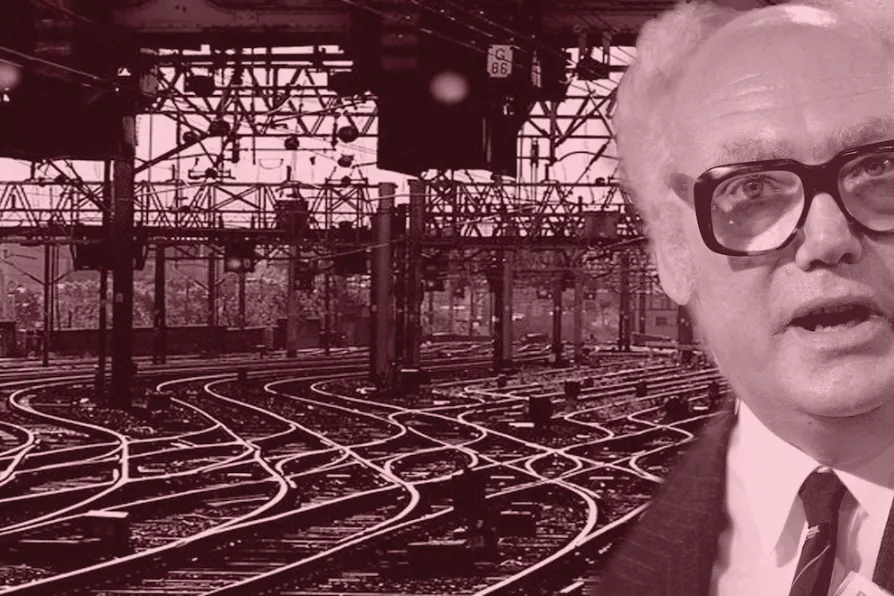Corbyn’s intervention exposes a corrupted system, writes CLAUDIA WEBBE

 National Union Of Railwaymen President Jimmy Knapp
National Union Of Railwaymen President Jimmy Knapp
“THE biggest Rail Strike since 1989.” That’s the headline on ITV News, the Express, Sky News and more. The Guardian and Mirror went with variations like “The biggest rail strike in 30 years” for their headlines.
“The biggest rail strike since 1989” has also spread internationally: it’s the Reuters headline and is being used for top US, Indian, French and other newspapers reporting on Britain.
But not one of these media outlets seem to have said what happened in 1989, in the rail strike they keep highlighting.

Since 2023, Strike Map has evolved from digital mapping at a national level to organising ‘mega pickets’ — we believe that mass solidarity with localised disputes prepares the ground for future national action, writes HENRY FOWLER

It is only trade union power at work that will materially improve the lot of working people as a class but without sector-wide collective bargaining and a right to take sympathetic strike action, we are hamstrung in the fight to tilt back the balance of power, argues ADRIAN WEIR

This May Day we reaffirm our commitment to working people and our class and to get trade unionism back on the front foot, says EDDIE DEMPSEY

Despite Labour’s promises to bring things ‘in-house,’ the Justice Secretary has awarded notorious outsourcing outfit Mitie a £329 million contract to run a new prison — despite its track record of abuse and neglect in its migrant facilities, reports SOLOMON HUGHES











